12 Ways to Eat During Menopause
Many women struggle with a number of different health challenges during their menopausal years. During menopause a woman’s production of sex hormones (estrogen, progesterone and testosterone) all drop. These hormonal changes can result in a number of unwanted symptoms. This article will go into 12 major strategies and ways to eat during menopause to improve your quality of life and live out your best years in your latter years.
Women in menopause currently make up the largest community of individuals who seek alternative medicine for symptom relief (2). This is because they so frequently deal with issues like hot flashes, weight gain, bone loss, depression, irritability, emotional instability, lower libido and fatigue.
Don’t allow menopause to hijack control of your body. Be sure to follow the 12 ways to eat during menopause and in order to avoid the 6 nutritional mistakes and follow the 6 nutrition tips and 6 lifestyle strategies so you can enjoy your menopausal years.
6 Mistakes Women Make During Menopause
The first step is to avoid making these 6 all too common mistakes that I see in society. During menopause, your body is shifting around its hormonal chemistry, which is a significant stressor and therefore, it is even more important than in the younger years to be diligent with how you take care of yourself.
You have to understand that during menopause, you don’t have the luxury of getting away with the same lifestyle you lived in your younger years. You may have been able to handle more stress and poor food choices. Unfortunately, your body is unable to heal and repair the way it once could…so we have to be much more focused with our health choices.
1) Too Little Water:
Waiting for your thirst mechanisms to tell you to drink water isn’t a healthy approach to staying hydrated. Thirsty or not, cells require water for energy and a variety of functions including the need to excrete waste products. Without optimal hydration we are susceptible to a wide list of health disturbances such as:
- Impaired muscle activity and increased cramping
- Insulin sensitivity
- Mood swings
- Insomnia
- Poor gut motility
- Misunderstood “hunger” pains and food cravings
Hormonal fluctuations cause osmotic pressure changes in tissue and organs of women experiencing menopause. Menopause, combined with too little water intake can cause sodium retention, increased risk for cardiovascular complications and faster dehydration. When you do drink to fuel your thirst, water is taken up slower in the body during menopause due to the natural aging process that slows kidney function. (1)

2) Consuming Too Little Fat:
You may have thought cutting out the fat would help you lose body fat. As it turns out, the opposite is true. In today’s world, cutting out fat means replacing these essential nutrients with sugars and chemically processed goods. Low fat and low-calorie diets actually tend to be high in carbohydrates which has been implicated as a major factor in increased weight around the waist. In fact, studies show that dietary fat is not the primary cause of body weight. (3)
You need healthy fat sources, especially saturated fats from coconut oil and pasture-raised meats along with the essential fatty acid omega-3s. Both saturated fats and the omega 3 fatty acids, DHA and EPA, are critical for healthy hormone function for improving overall health.
Other great fat sources such as olives, olive oil, pasture-raised eggs, grass-fed butter and avocados are rich in fat soluble nutrients such as vitamin A and E which help with dry skin, vaginal irritation, brittle hair and can help prevent symptoms of anxiety and depression. (4)
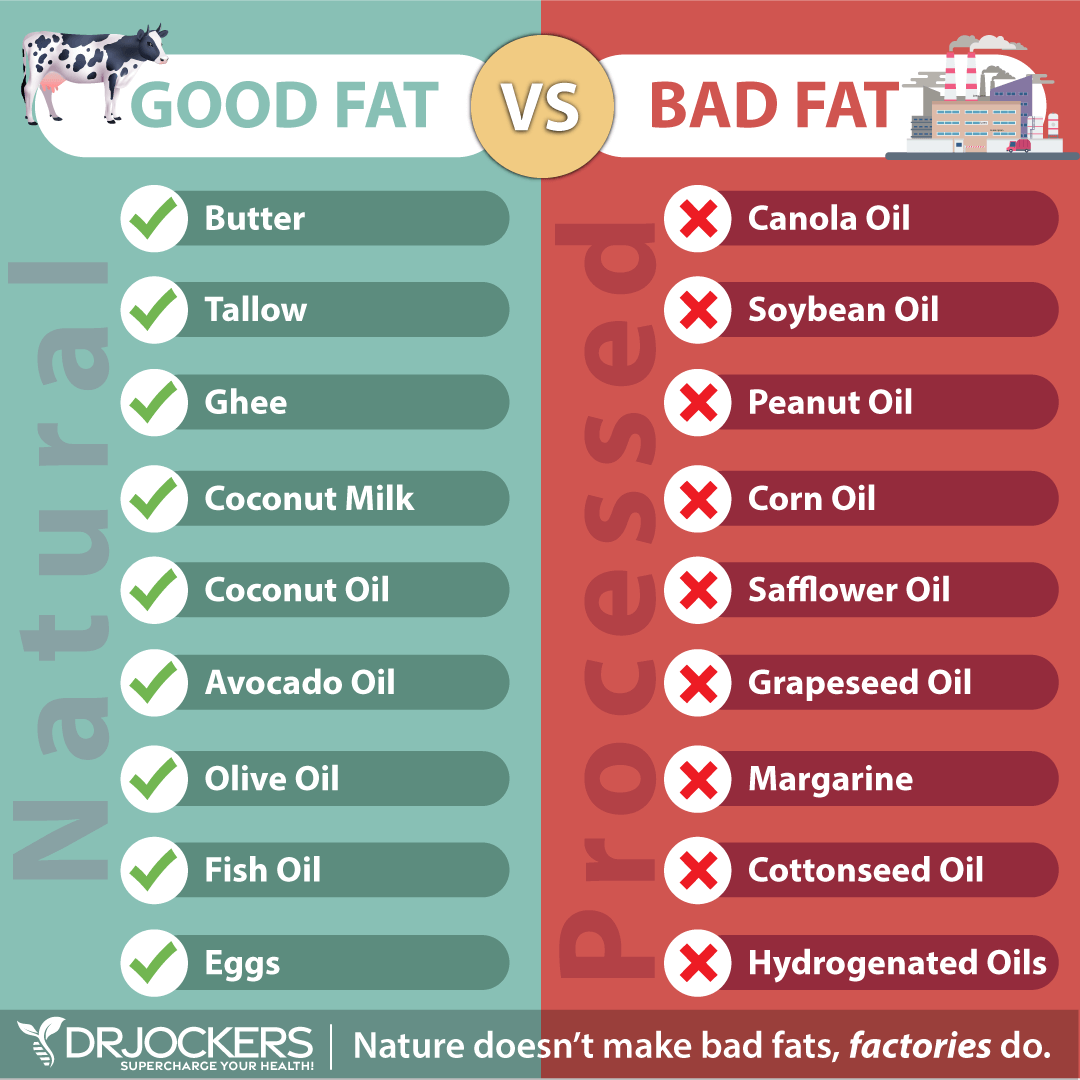
3) Eating Toxins:
Environmental toxins are inescapable in our society today. They are found in the food we eat, the hygiene products we use and the air in and out of our homes. Chemotherapy drugs, medications, chemicals found in household cleaners and cigarette smoke disrupt our hormones and lead to premature menopause (17).
Contaminants like PFCs (perfluorocarbons), PCBs (polychlorinated biphenyls), and BPA (bisphenol A) found in plastics affect sexual development by acting as endocrine disruptors. These throw off hormone ratios and create a state of estrogen dominance, where the individual has too many artificial estrogen molecules.
Additionally, the toxicity of heavy metals lead and cadmium can cause a menopausal disease known as Itai-itai (16). Itai-itai is characterized by kidney damage, and the softening of bones leading to osteoporosis and bone fracture.
The contamination of dioxins in conventional animal products disrupts physiological and biochemical pathways increasing the risk for liver disease, cancer and metabolic disturbances (18). We need to avoid processed foods which are full of toxic chemicals and stick to organic foods as much as possible.
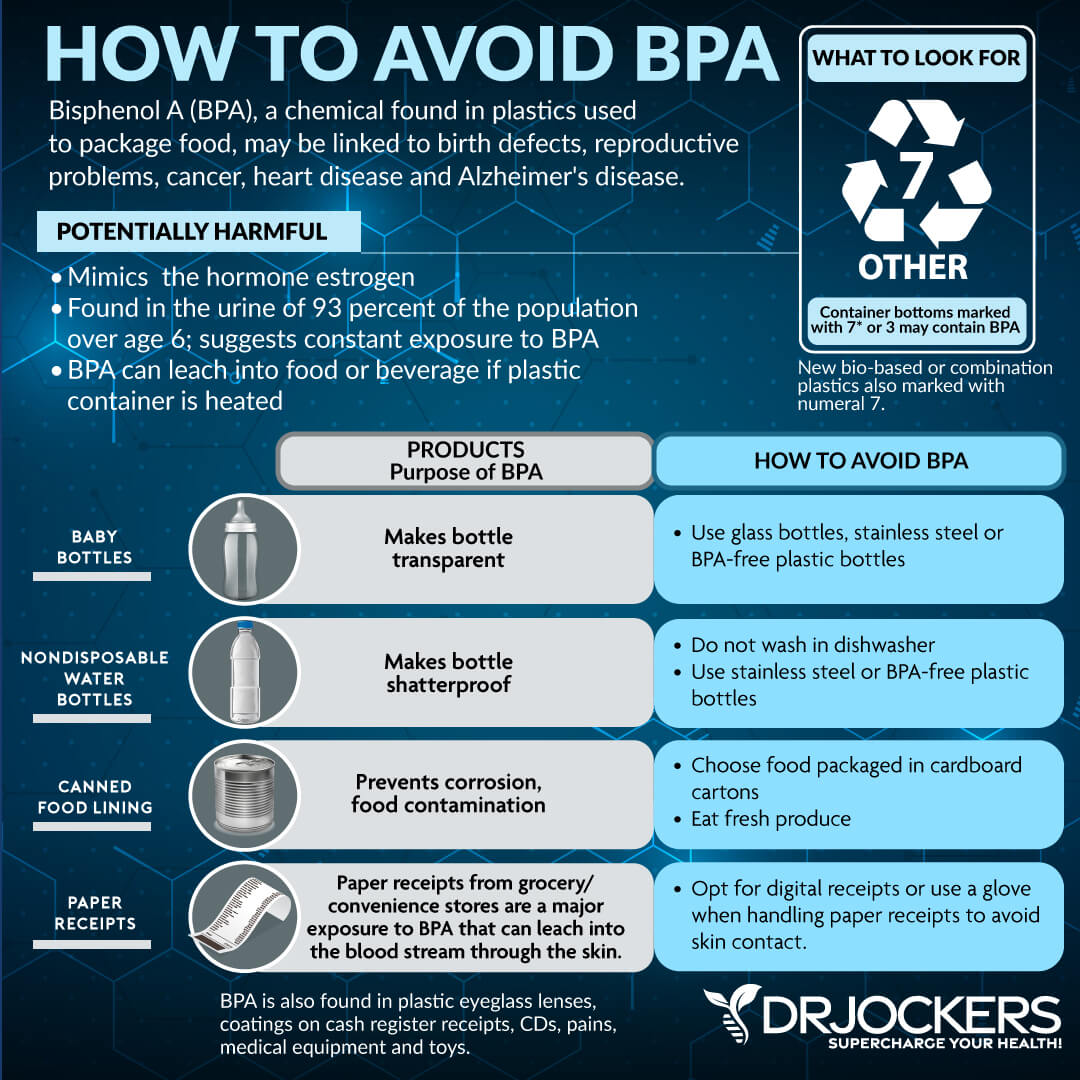
4) Too Much Sugar & Carbs:
Eating less isn’t always the answer to reversing weight gain as much as it is important to reduce the amount of sugar and carbohydrates you are taking in. These food sources are often highly refined and spike insulin levels which creates blood sugar imbalances and fuels hormonal disturbances and mood changes (5). Consequently, insulin promotes sugar cravings, inflammation and fat storage. (3)
Consuming a low glycemic, anti-inflammatory diet helps to stabilize blood sugar and insulin levels. Stick with foods that are unprocessed, low in carbs and consume a variety of vegetables for adequate nutrient intake. Additionally, load up on good fat sources that I describe further in this article.
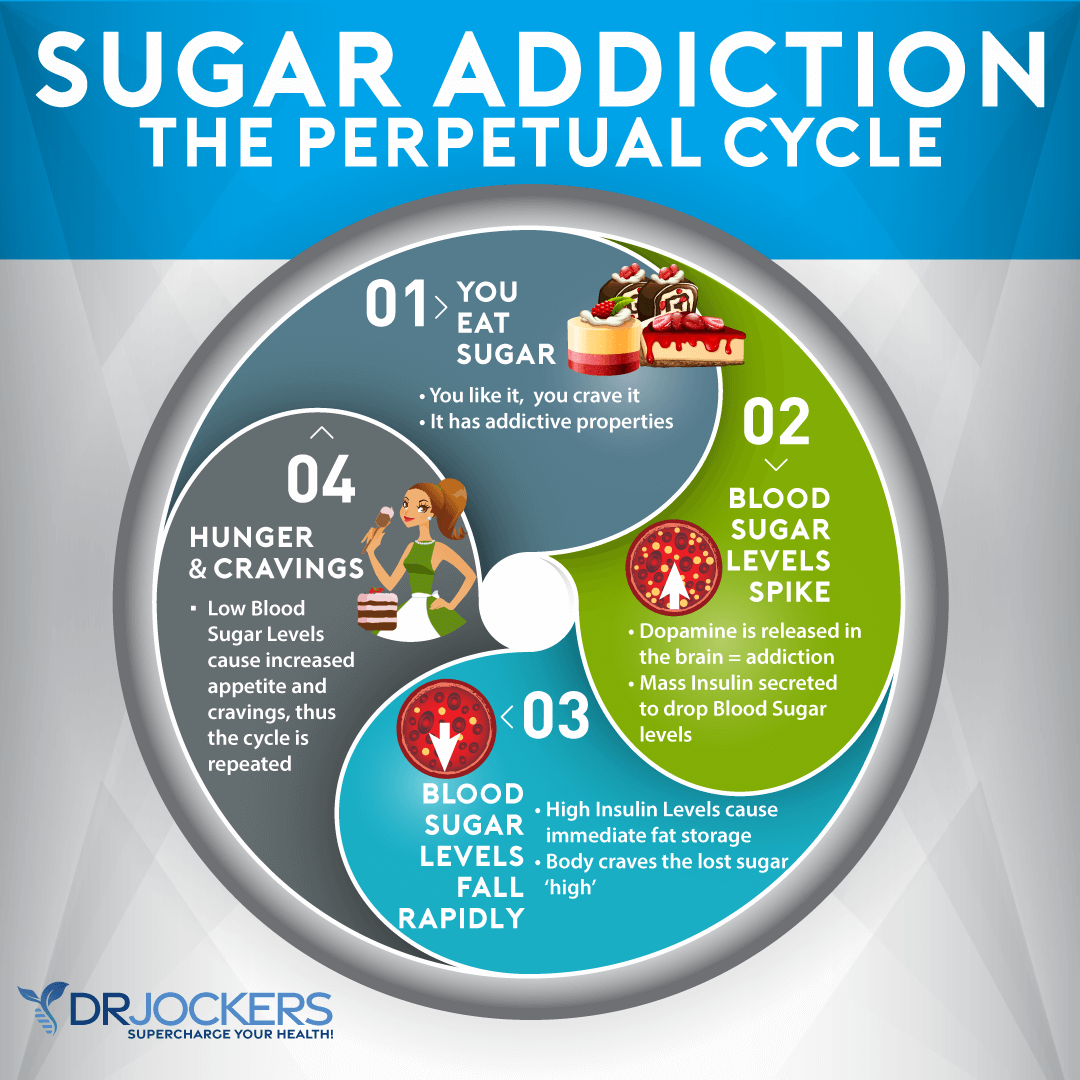
5) Consuming too Much Soy:
Soy mimics estrogen in the body and has been commonly recommended to women experiencing menopause symptoms as an alternative treatment to estrogen therapy.
Soy is an excellent source of plant-based protein and phytonutrients, but too much soy is associated with increased cardiovascular issues and breast cancer rates. Reports of high soy intake in studies has been shown to exacerbate symptoms of vaginal dryness, hot flashes and high blood pressure (2).
Since 1992 the sale of soy foods has increased by more than 4 billion dollars (2). Soy products are predominantly genetically modified and can be a common food sensitivity for many individuals. Additionally, soy has been shown to disrupt the gut bacterial balance and cause digestive dysfunction and allergies. (6, 7)
I recommend avoiding all soy unless you are committed to a vegan lifestyle. If this is so, then consuming fermented, organic soy such as miso, natto or tempeh from time to time can be very beneficial.
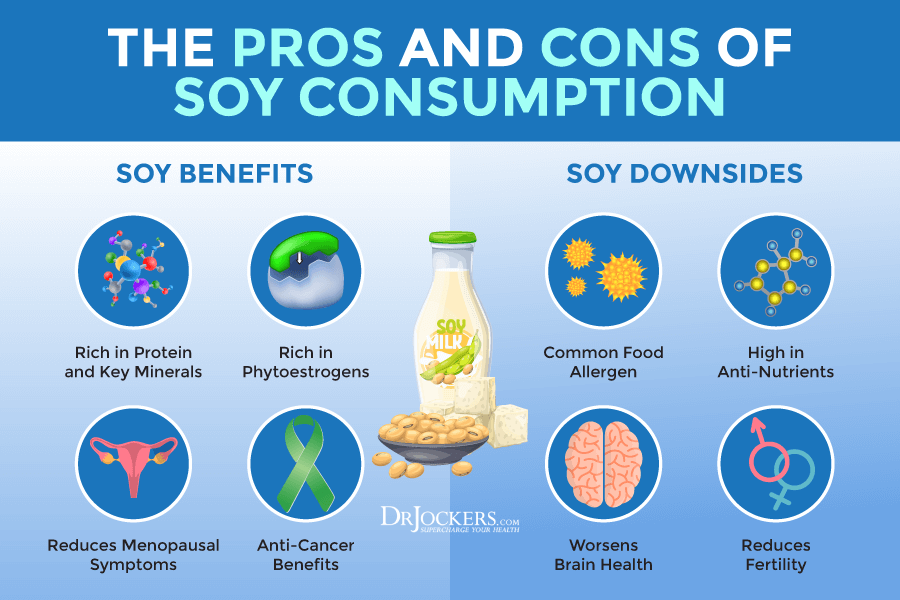
6) Taking Calcium Supplements:
As estrogen levels drop, women begin to lose bone mass. The thought in conventional medicine is that they need more calcium in order to prevent osteoporosis or osteomalacia.
But why do Africa and Asia have a 70% lower bone fracture rate compared to other regions in the world? Unlike the United States, these countries infrequently utilize calcium supplements, and they rarely consume dairy. The truth be told is that increasing calcium in diet through supplementation can actually promote the development of osteoporosis. (9, 10)
Taking calcium supplements weakens bones rather than assists in building strong ones. Although some evidence shows that low dose calcium supplementation may be helpful in individuals who are deficient, there is a stronger indication that supplementation reduces bone mineral density and is also significantly associated with cardiovascular problems (9).
Instead of calcium supplements, I recommend consuming foods that contain the proper balance of minerals such as calcium, magnesium, silicon, collagen and other key bone supportive nutrients. Here is a list of the best foods and an article that explains this concept in more detail.
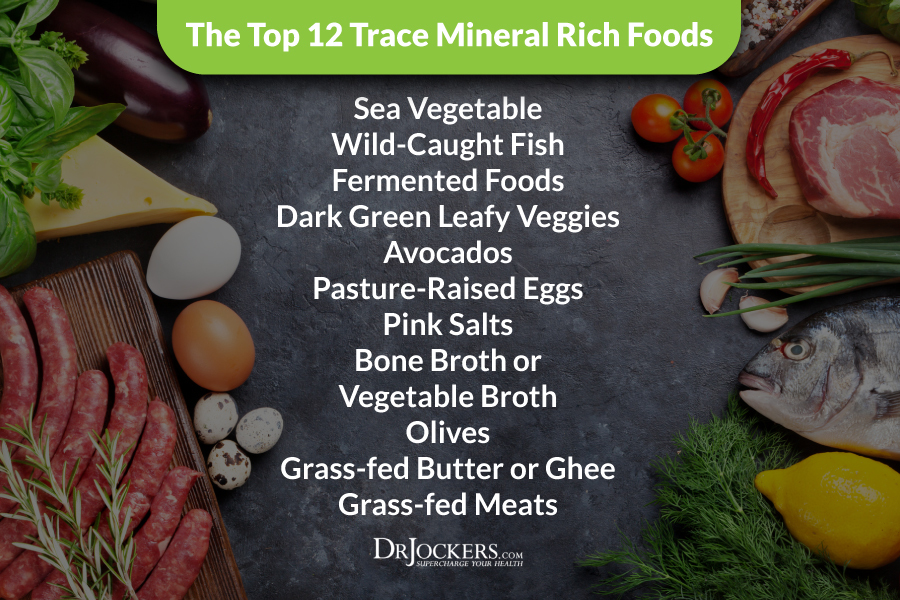
6 Nutrition Tips for Menopause
The food we consume is a way our environment communicates with our genes. When we consume the right diet and focus on hydration, we reduce stress on the body and stimulate proper genetic expression. As Hippocrates, the father of modern medicine once said, “Let food by thy medicine and medicine be thy food.”
During menopause it is vital to apply the following nutritional strategies in order to avoid unwanted symptoms.
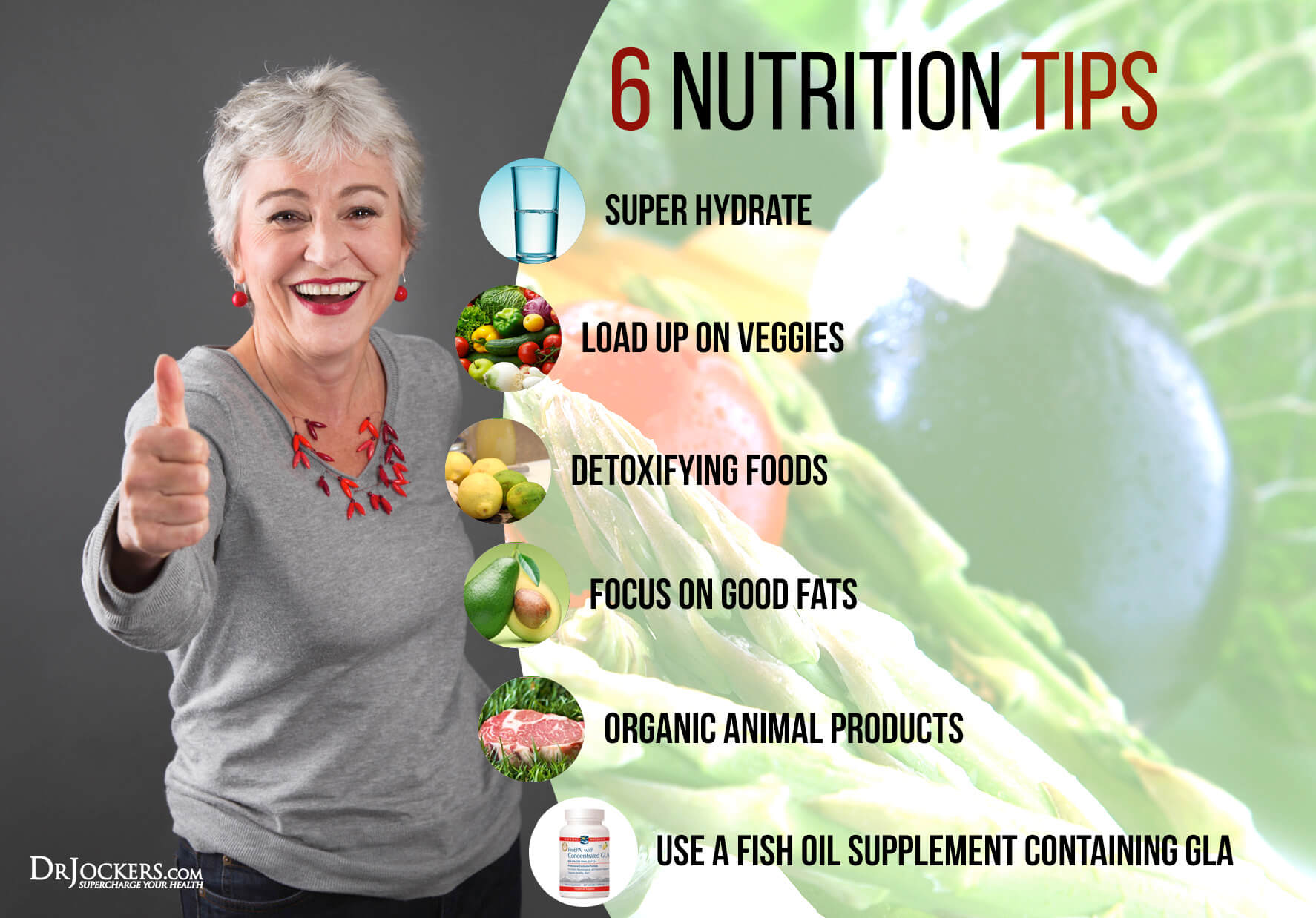
1) Super Hydrate:
Avoid waiting until you are thirsty to drink purified water and super hydrate your body throughout the day. Drink 2 tall glasses of water within the immediate hour of waking up, half of your body weight before noon and another gallon before bed.
Super hydrating your body is an excellent way to keep unwanted calories away from your hips. Optimal hydration reduces misunderstood hunger pains and cravings for sugar and salt. Drinking purified water is also a significant contributor to improving the detoxification pathways in your body. Doing so increases lymphatic drainage, improves energy, increases circulation, reduces pain and helps you battle symptoms of mood swings. (19, 20)

2) Load up on Veggies:
Dark leafy greens are the best sources of calcium for maintaining bone strength. Unlike calcium fortified foods such as conventional milk products, dark leafy greens alkalize the body. Acidity from pasteurized dairy causes critical bone nourishing minerals like magnesium and calcium to leach out of bone, joints and muscle tissue.
Green leafy vegetables have been shown in studies to repair bone tissue and actually prevent bone density loss in elderly patients. Swiss chard, sea vegetables, spinach, mustard and collard greens, arugula and kale provide the proper mineral balance for bone health. These veggies are also loaded with various bone fortifying vitamins and minerals including iron, calcium, magnesium, iodine, folate and vitamin K (8).
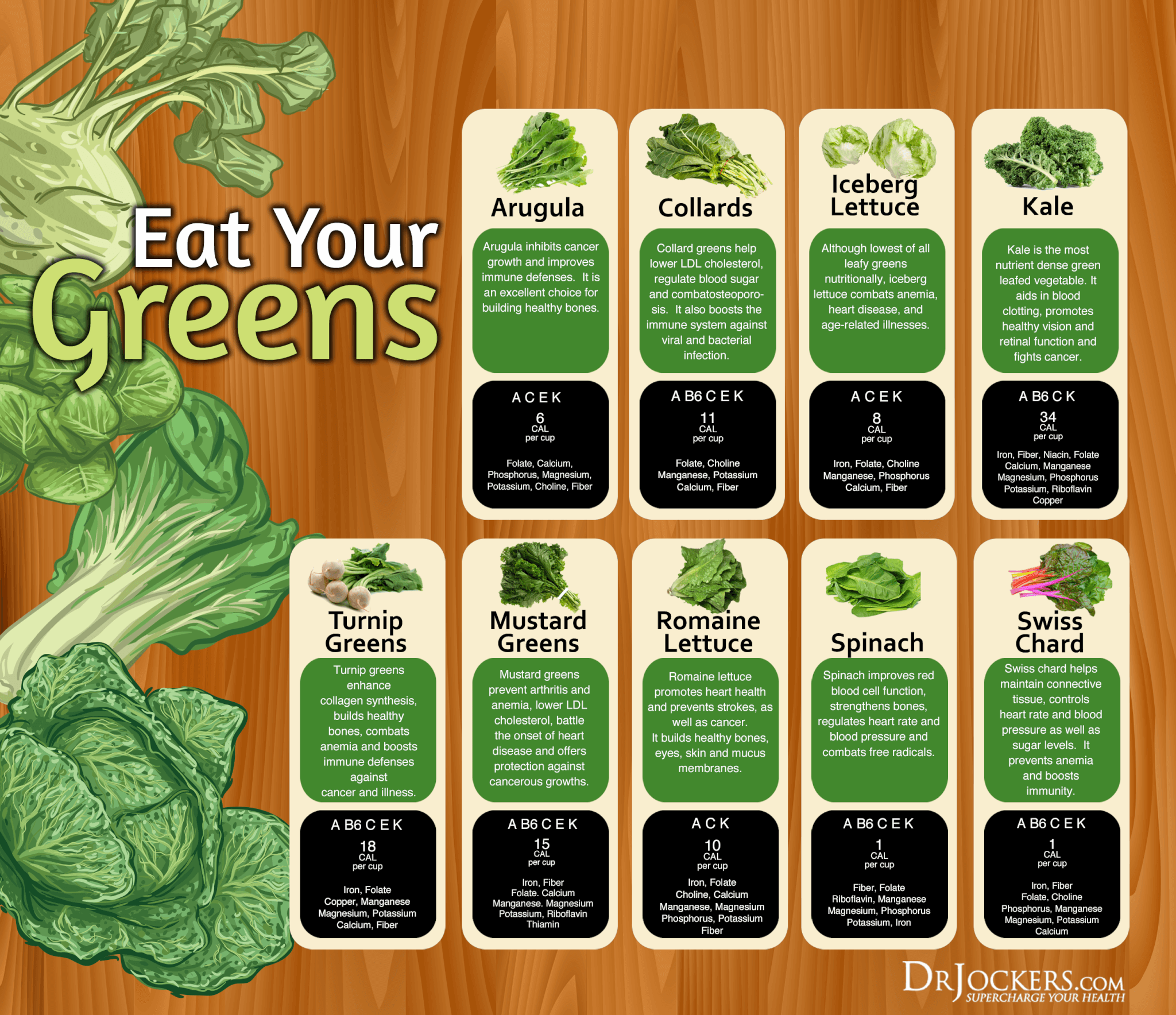
3) Detoxifying Foods:
Detoxifying the body regularly to flush environmental chemicals from your body is critical and easily accomplished by adding in more cleansing foods. Some of the best sources you can incorporate into your diet are: (21, 22, 23)
- Lemons: Natural source of enzymes to promote digestive health.
- Limes: Like lemon, limes provide natural healing enzymes that increase nutrient absorption and also regulate pH in tissues.
- Ginger: Carminative herb that provides protection against damage to cells and tissues boosting immune support and increases the body’s availability of glutathione.
- Parsley: Chlorophyll and antioxidant rich herb containing chemoprotective properties that pull heavy metals from the blood, brain, liver, kidneys and other critical organs.
- Dandelion: Supports the release of toxins from digestive organs by improving bile secretion, preventing inflammatory damage and increasing nutrient absorption.
- Sprouts: Rich source of antioxidant sulforaphane which further increases the activity of other powerhouse antioxidants like glutathione. This may be the least known, but most impactful foods for detoxifying excess estrogens and supporting the menopausal woman.
These foods are low in sugars, inhibit inflammatory stress, boost the immune system, regulate gut health, prevent cancer and promote cellular repair to damaged tissue and organs helping you maintain overall health and wellbeing during menopause.
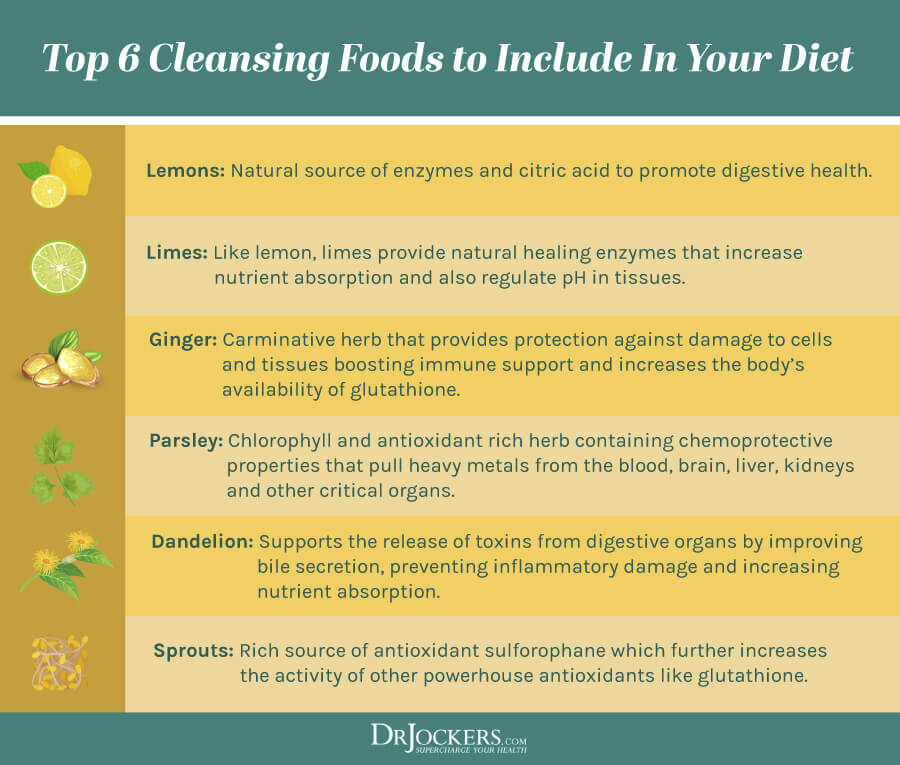
4) Focus on Good Fats:
Omega-3 fatty acids including ALA, EPA and DHA fats are often inadequately found in the standard American diet. Some of the best food sources include wild-caught salmon, pasture-raised eggs, coconut oil, avocados, almonds and chia seeds.
You should also focus on getting a lot of saturated fats from coconut oil, grass-fed meats and grass-fed butter. Getting more fat-soluble nutrients from avocados, olives and olive oil is also very important.
Consuming a diet with adequate fat intake can help you win the battle overweight gain in menopause. Quality fats aid in weight loss, regulate blood sugar, prevent neurological degenerative diseases, support joint health and reduce inflammation (29).
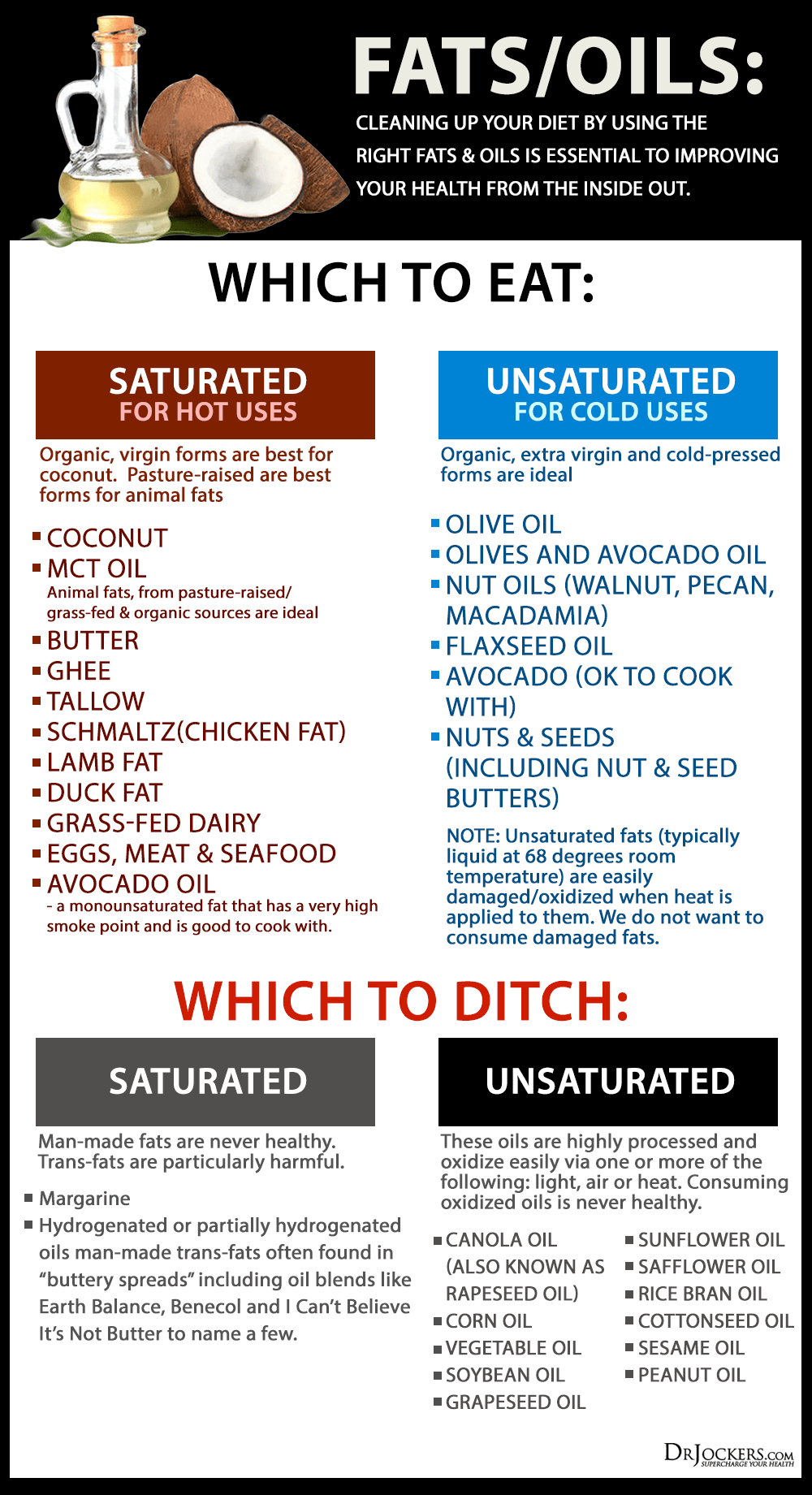
5) Organic Animal Products:
Stay away from conventionally raised meat sources. Mass produced grain-fed animal products have added growth hormones, antibiotics, toxic chemicals and are far less nutritious.
Organic free-range poultry and 100% grass-fed beef offer a better balance of omega-3 and omega-6 fats, higher amounts of CLA (conjugated linoleic acid), and contain a higher concentration of vitamins E and A. Organic animal products also contain antioxidant compounds in superoxide dismutase and glutathione that protect the cells and tissues of our body. (24)
6) Use a Fish Oil Supplement Containing GLA:
Nordic Naturals offers a pure dietary fish oil supplement containing the critical fatty acids EPA, DHA and GLA (gamma-linoleic acid). Women who supplemented these essential fats into their diets during menopause have reported a decrease in the severity of hot flashes. They also reported a significantly higher quality of life. (31)
Maintaining healthy levels of these fats in your diet is essential to preventing chronic inflammation and supporting hormonal responses key in preventing menopausal symptoms. I like the Pro EPA with Concentrated GLA product here
6 Lifestyle Tips For Menopause
It is imperative to take control of our lifestyle habits in order to reduce these unwanted menopausal symptoms. If we follow the right lifestyle patterns for a long enough period of time, we can truly thrive during the menopausal years. Most people get caught up in all the stressors of the day and are stuck in behaviors that have caused poor health in their bodies.
It is important to manage your lifestyle so you can have the level of health and vitality to be able to enjoy your life. Here are 6 critical lifestyle tips to begin implementing in order to improve your health and experience menopause with style.
1) Relax and Reduce Stress:
Don’t allow chronic stress to weigh you down and you’re body will naturally follow suit. The stressors a woman faces are major predictors of her likelihood to experience menopausal symptoms including insomnia, loss of sex drive, headaches and weight gain (11).
The most reported symptom of menopause is hot flashes. Various physiological changes that occur during periods of stress are believed to trigger hot flashes. Increased levels of cortisol and dysfunction of the neurotransmitters dopamine and norepinephrine create neurological imbalances that present as symptoms of cognitive and emotional impairment. (12, 14)
Our breathing patterns play a very important role in our bodies stress response. We can help to reduce stress and control the stress response through focused breathing. Try taking 2 minutes every hour and slowing down your breathing. This will stimulate your parasympathetic nervous system, which allow your body to rest and heal.
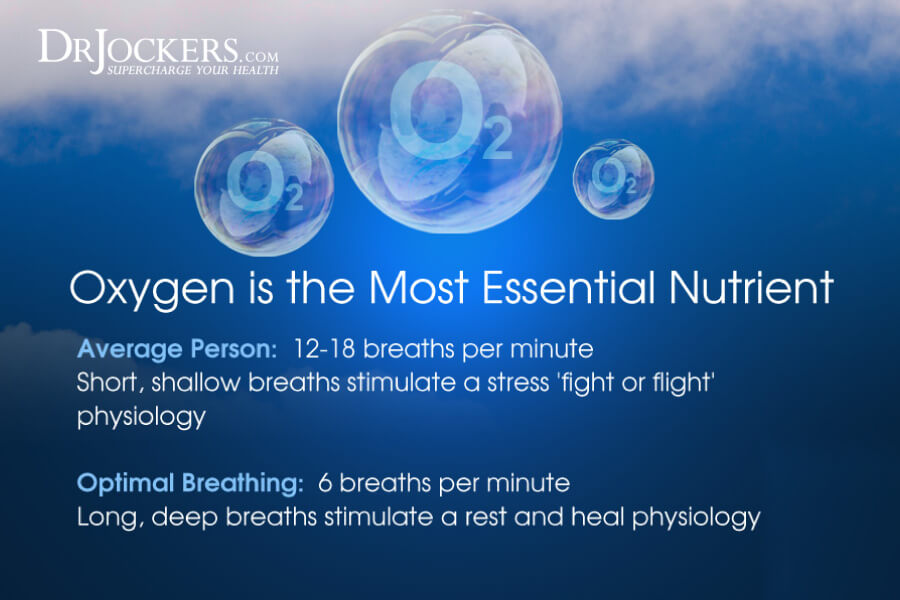
2) Good Sleep Habits:
Disruptive sleeping patterns naturally accompanies age due to the increase in cortisol levels at night. Women report problems falling asleep, frequent awakenings at night and during the early morning.
Focusing on good sleep habits will prevent you from snacking late into the night but it will help reduce your cortisol levels as well. Healthy sleep habits are associated with an improvement in mood, cognitive function, and greater energy throughout the day. (15)
As women age, the production of melatonin, the hormone that helps you fall asleep, declines. Develop a healthy evening routine by incorporating foods that promote relaxation and increase melatonin levels into your dinner like chia seeds, dark cherry juice, and pastured turkey. Follow a regular sleep including weekends, block out all light sources and sleep in a cool environment to promote healthy sleep habits.

3) Laughter and Love:
Watching a comedy on television with a loved one or participating in a fun board game with friends is a great way to relieve stress in your body. Laughter initiates a pleasurable feeling followed up by a calming bodily presence that enhances pain relief. You may not recognize it but laughing often is also an effective way to promote blood flow in your body stimulating the elimination of toxins and providing stress relief. (25)
Menopause is often accompanied by feelings involving the loss of attractiveness, loneliness, control over one’s body, as well as depression and anxiety. Enjoying the companionship of a loved one and participating in social experiences can help you defeat these new feelings of abandonment. It may take time, but you will naturally learn how to laugh and love yourself again.

4) Spend Time in Nature:
The benefits of spending time in nature is best represented in a practice known as grounding. Grounding can involve walking barefoot along a path in the woods, stretching barefoot in your backyard or simply sitting beneath a tree listening to the birds chirping above. It is great if you can get your bare feet or hands or part of your skin on the ground itself.
By connecting to the natural energy forces of the Earth, studies have revealed that grounding helps the mind and body overcome symptoms of mood imbalances, anxiety and depression (26). You can read more about grounding in this article.
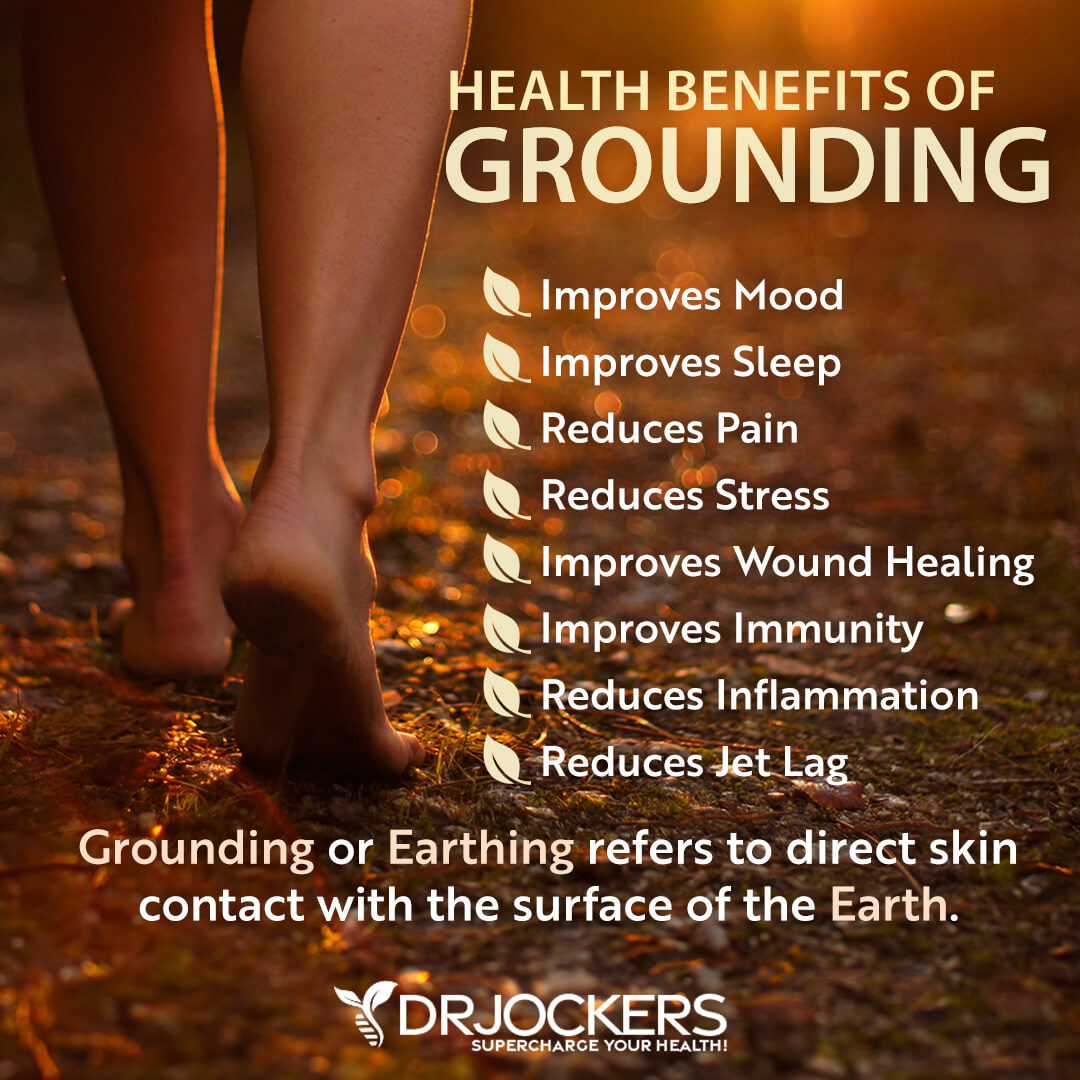
5) Move Your Body:
Exercise is one of the most important things you can do to improve your health during menopause. Going out for regular walks and taking part in a strength training program will help your body cleanse, improve your circulation, burn fat, build lean body tissue, strengthen bones and stabilize your blood sugar. This will help you sleep better and improve your emotional stability and happiness. Regular exercise will also help to reduce fatigue, irritability, joint pain and body stiffness.
Regular physical activity is also shown to reduce the severity of symptoms associated with menopause such as hot flashes and night sweats. A review of studies correlates the greatest likelihood to reduce symptoms of menopause with women who have the greatest physical fitness. Part of the reason is linked to a decrease in chemicals associated with stress and nervous system problems that precipitates hot flashes. (13)
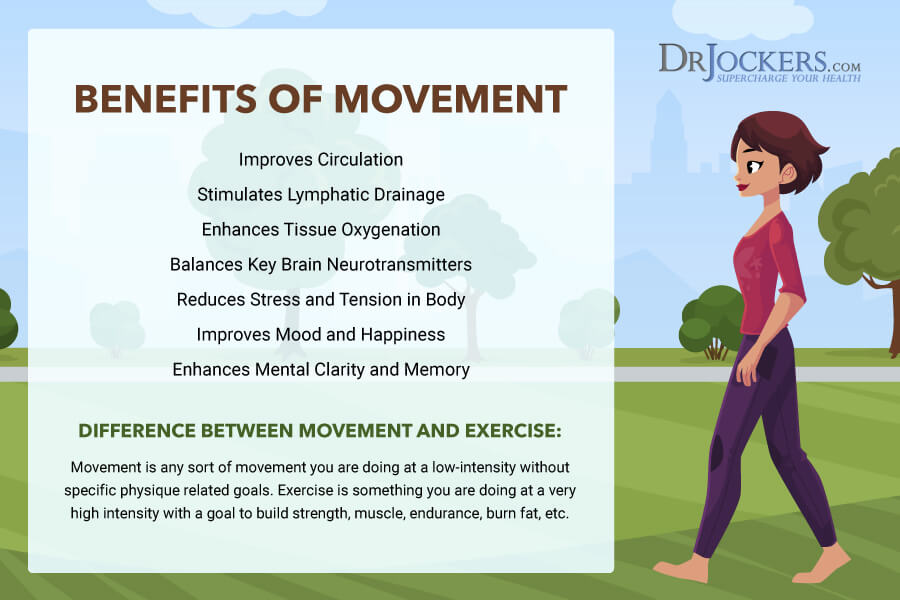
6) Chiropractic Care
Chiropractors seek to take pressure off of the spine and nervous system so that you can live a better quality of life. Receiving regular chiropractic adjustments supports the total healing potential of the whole body and can help a woman find relief from hot flashes, migraines and anxiety (30).
Chiropractic care helps to reduce and stabilize the bodies stress response, allowing for more optimal function. This can help improve your quality of sleep, immunity, cognitive thought, metabolism and enhance your body’s ability to repair stress caused by free radical damage. (27, 28)
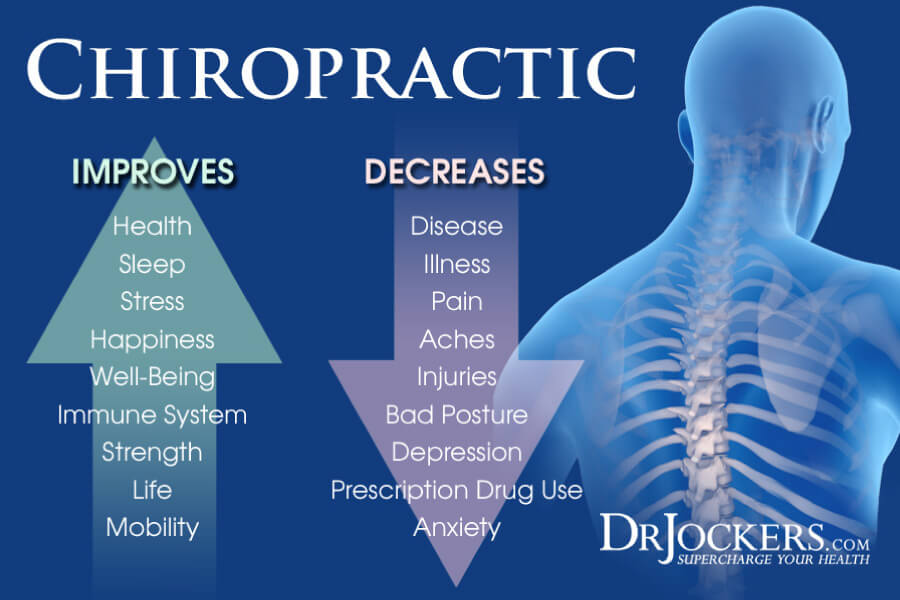
Final Thoughts on Menopause:
Menopause is a natural transition that women go through during their 40s and 50’s. During this time, your body undergoes some hormonal changes and begins to produce less estrogen. Menopause can come with a list of uncomfortable symptoms, but with the right natural dietary and lifestyle strategies you can reduce and shorten these symptoms and create health and happiness during this transitional period.
If you want to work with a functional health coach, I recommend this article with tips on how to find a great coach. Our website offers long-distance functional health coaching programs with our world-class team of health coaches. For further support with your health and other goals, just reach out—our fantastic coaches are here to support your journey.
Inflammation Crushing Ebundle
The Inflammation Crushing Ebundle is designed to help you improve your brain, liver, immune system and discover the healing strategies, foods and recipes to burn fat, reduce inflammation and Thrive in Life!
As a doctor of natural medicine, I have spent the past 20 years studying the best healing strategies and worked with hundreds of coaching clients, helping them overcome chronic health conditions and optimize their overall health.
In our Inflammation Crushing Ebundle, I have put together my very best strategies to reduce inflammation and optimize your healing potential. Take a look at what you will get inside these valuable guides below!
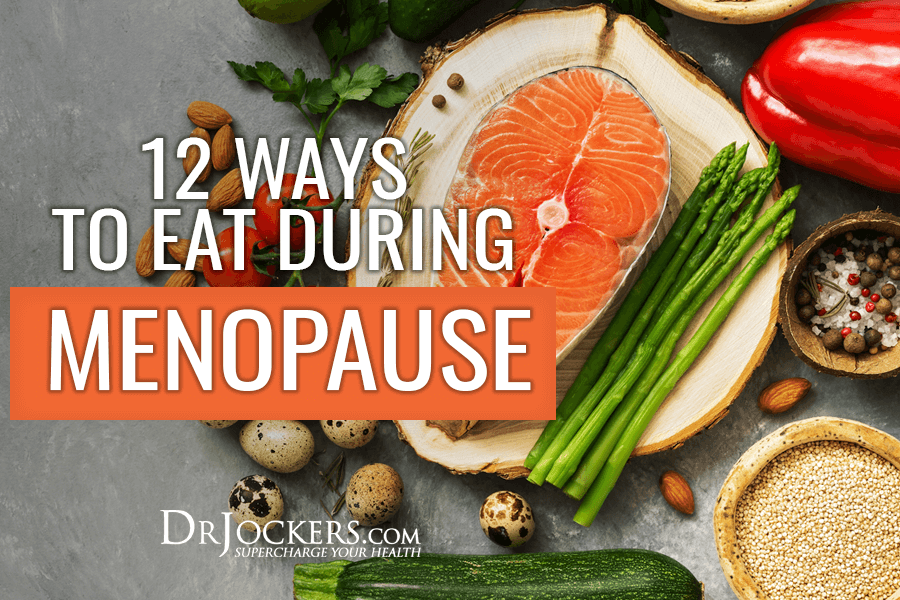
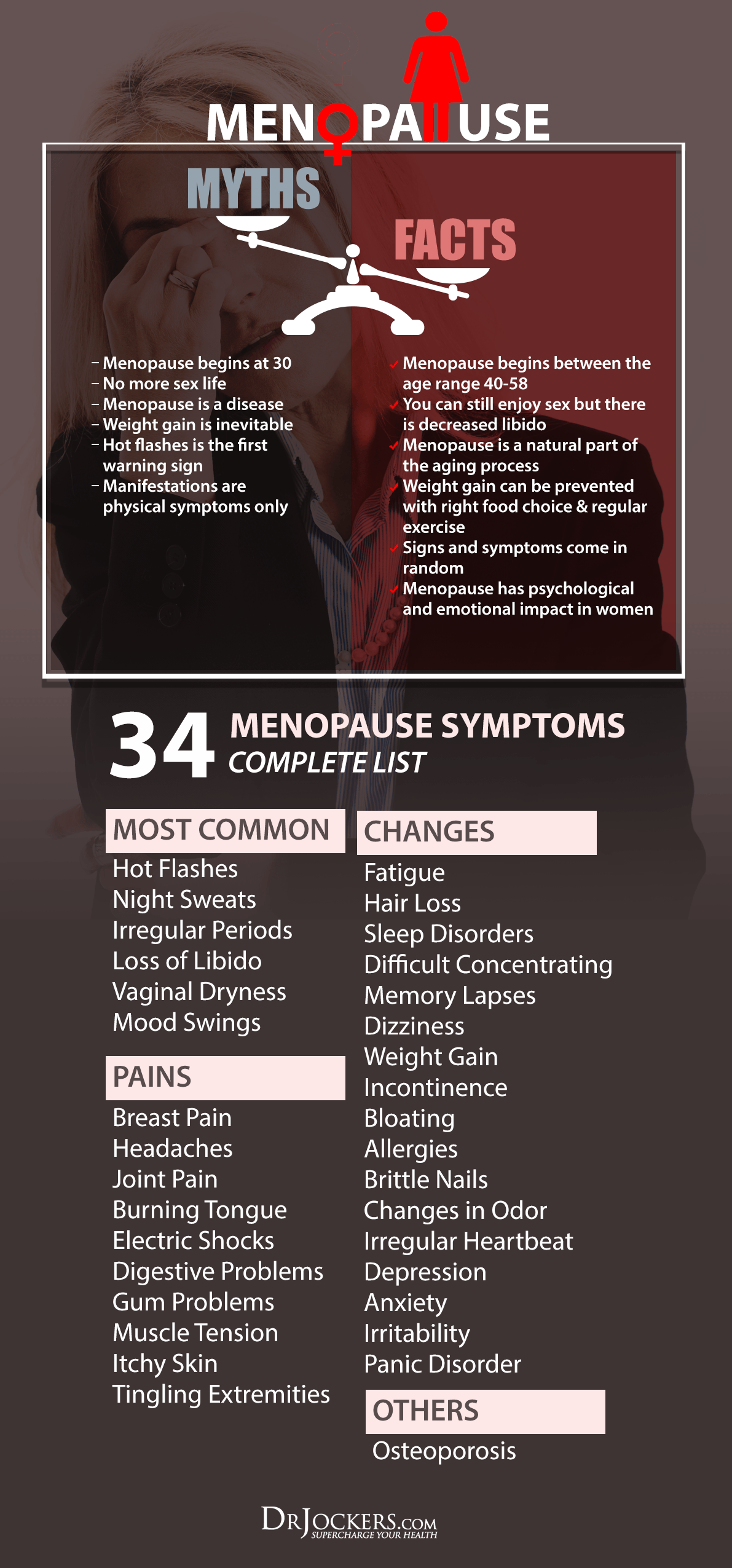
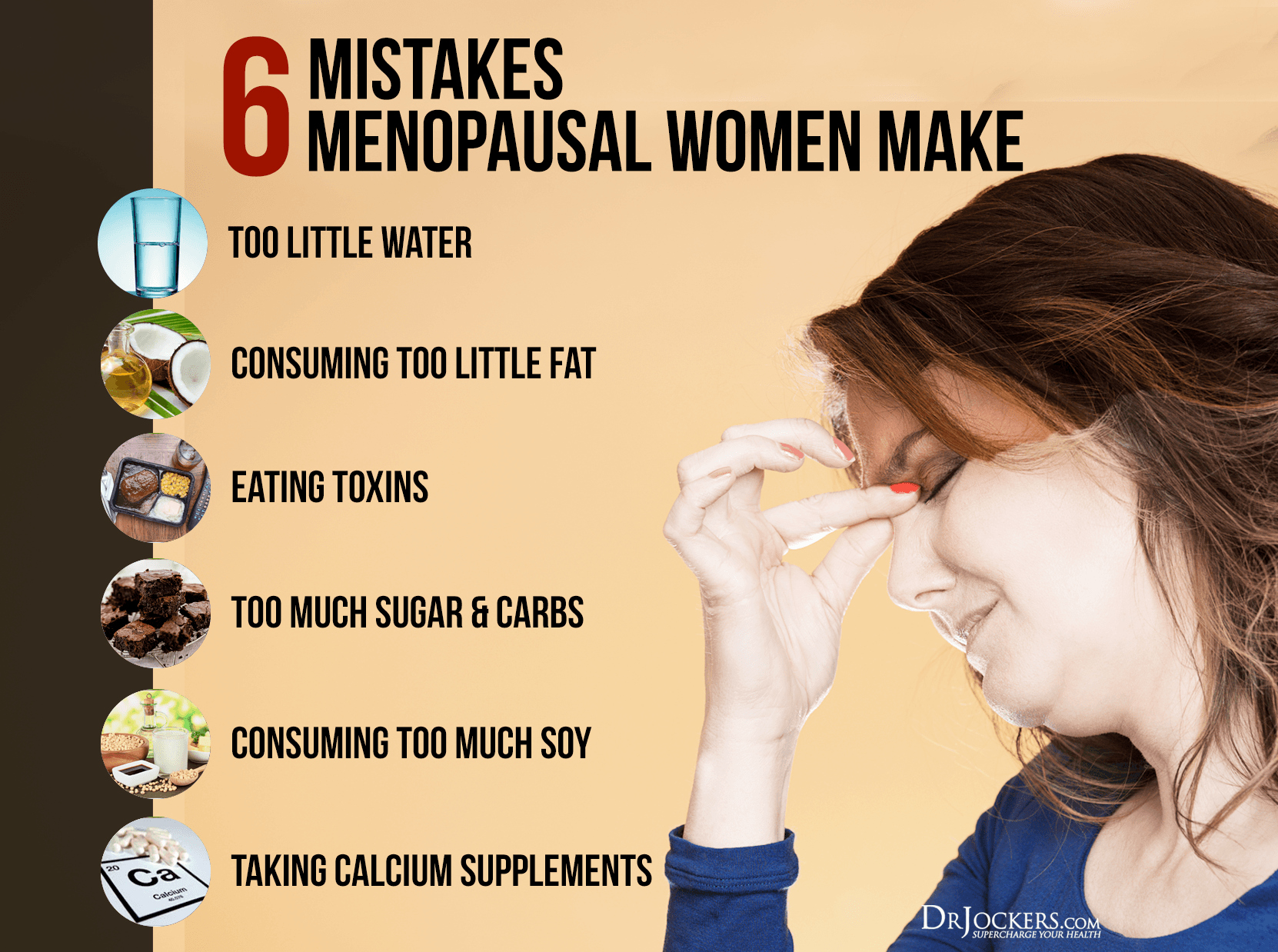
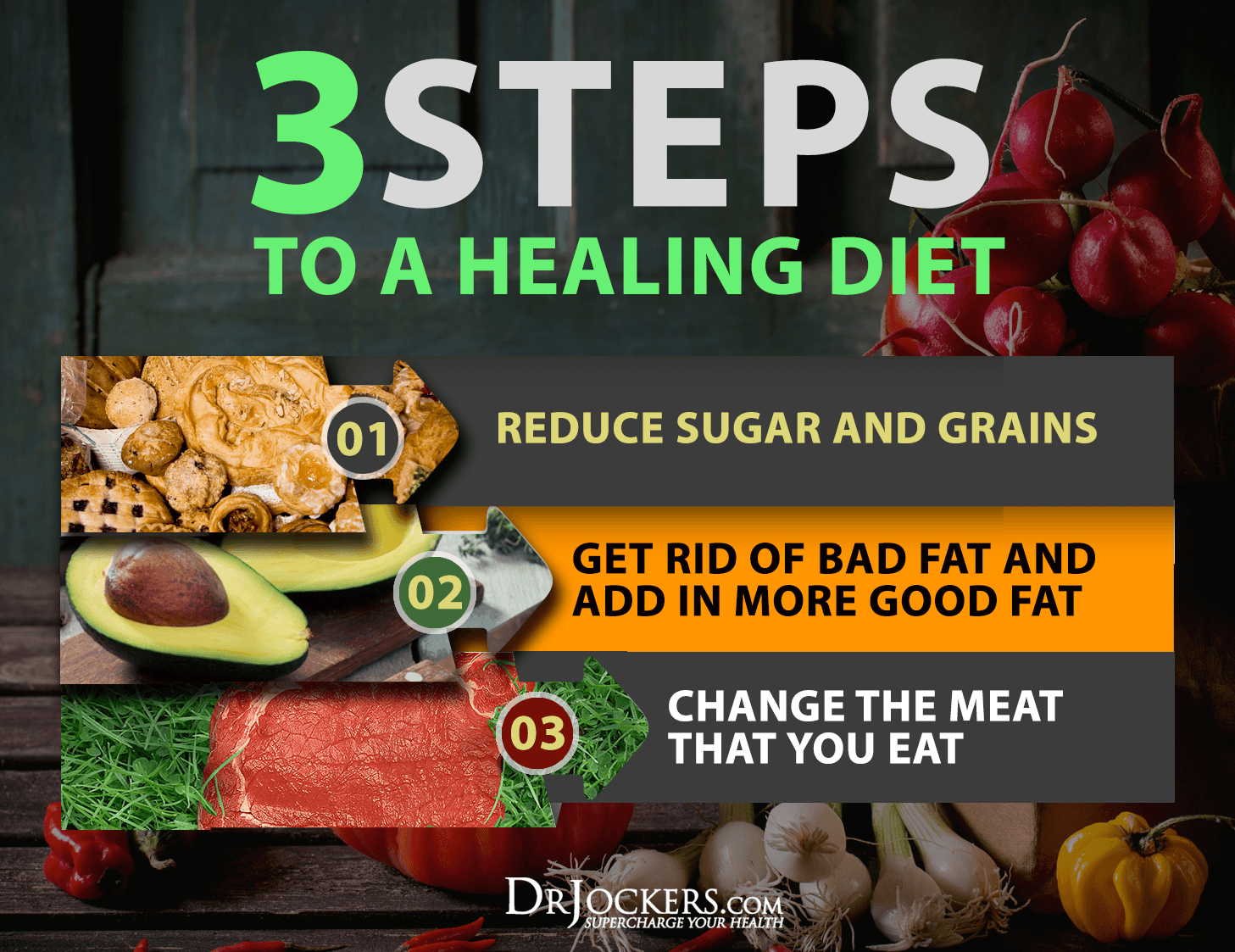

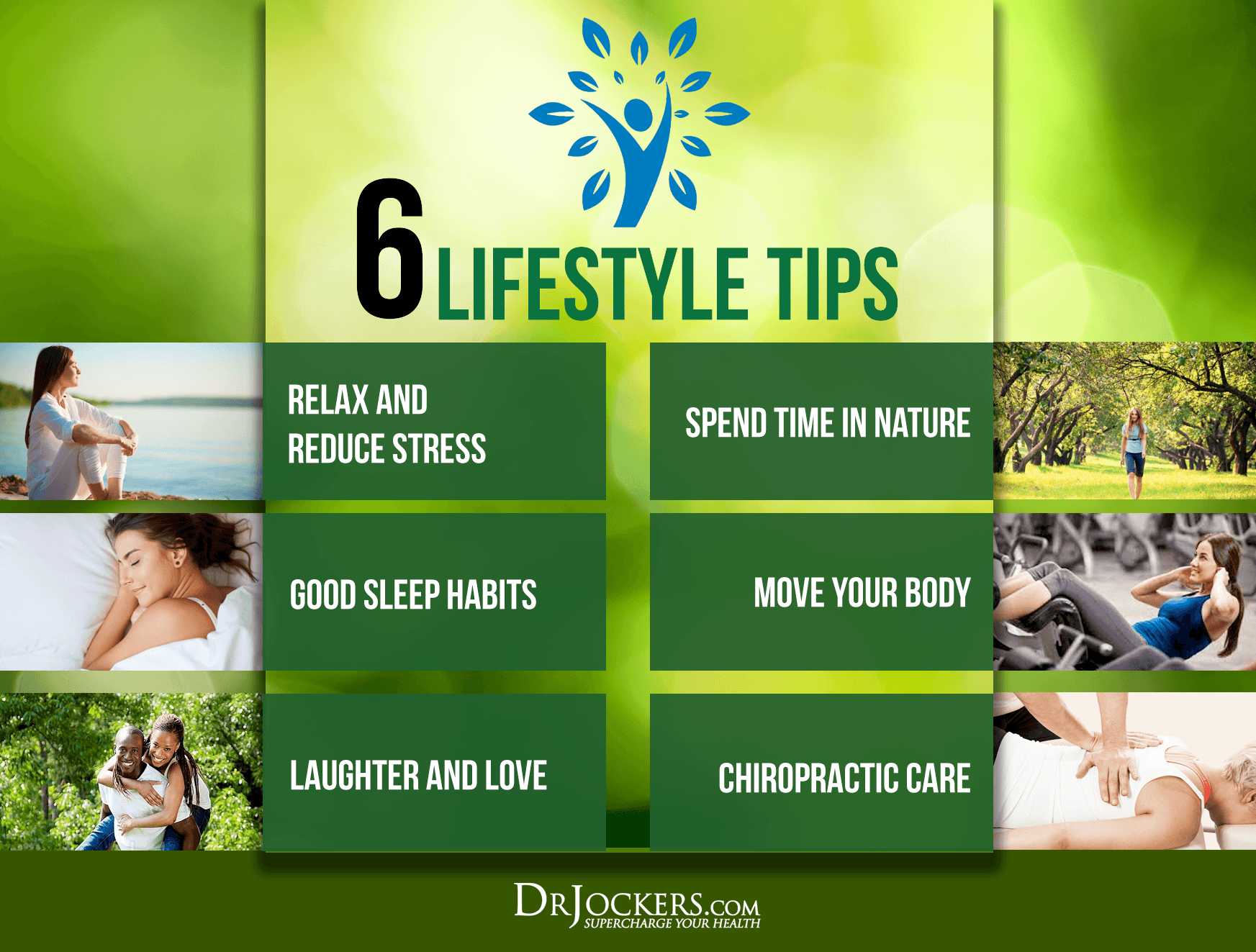




Relevant &straight to the point,encourage healthy eating habits LET FOOD BE THY MEDICINE&NOT MEDICINE BE THY FOOD
Yes for sure Otty! Blessings to you!